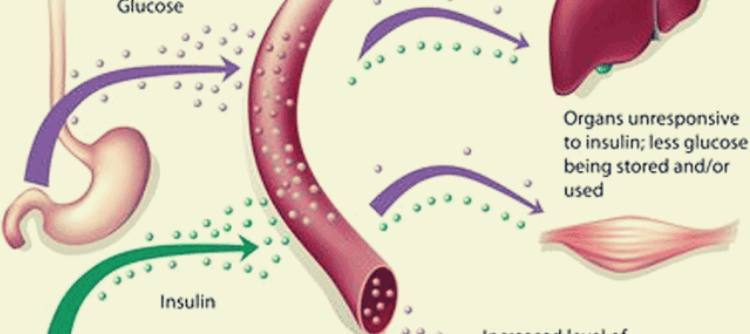Infertility And Diabetes

The International Diabetes Federation estimates that there are 246 million adults with diabetes.
The different types of diabetes; and how they affect infertility problem:
type I diabetes usually occurs in a person on or just reaching puberty. In Type I diabetes the beta cells of the pancreas stop making insulin completely, so patients then have to inject themselves with insulin every day. Diabetes is an autoimmune disease and of all diabetics, Type I affects between 5 – 10% of diabetics.
Type II often develops in people over the age of 40 years and is seen as a lifestyle disease. Diabetics diagnosed with Type II diabetes are often overweight and have been for some period of time. In the region of 80% of Type II diabetics are over weight. But as it develops slowly it can be reversed with lifestyle changes (diet and exercise), and medications.
Most of the Type II diabetes female patients are postmenopausal women, but with changing dietary and lifestyle patterns, the prevalence of obesity is increasing, so raising the incidence of Type II diabetes during the reproductive years therefore increasing diabetes and infertility problems.
There is a strong association between Type II diabetes and fertility, alterations in the length of the menstrual cycle, and the age of onset of menopause. This association may be explained by linking this disease to PCOS , the most common hormonal disorder among women of reproductive age, and a leading cause of infertility. Insulin resistance, obesity and diabetes mellitus strongly correlate with PCOS.
PCOS and Type II diabetes do have the same risk factors, such as hypertension, obesity, dyslipidemia and hyperinsulinemia. Hyperinsulinemia results from insulin resistance, which through alterations in the level of IGFBP (Insulin-like growth factor-binding protein) gene, IGF1 (Insulin-like growth factor 1) gene and SHBG (Sex hormone-binding globulin) stimulates increased androgen secretion at the adrenal gland and the ovary, subsequently causing anovulation. Legro et al. showed that PCOS women are at significantly increased risk for impaired glucose tolerance and Type II diabetes mellitus at all weights and at a young age.
They also found that these prevalence rates are similar in two populations of PCOS women with different weights, suggesting that PCOS may be a more important risk factor than ethnicity or race for glucose intolerance in young women. By contrast, a study by Amini et al. showed that PCOS is highly prevalent in Type 2 diabetic patients. So this shows that their is a link between diabetes and infertility.
The problems that are encountered with diabetes are that blood vessels contract, so circulation is slower and there maybe nerve dysfunction, this is due to poor blood supply. Therefore, men can have problems with erection and ejaculation; some men have retrograde ejaculation, this is when sperm backs up in to the bladder. Other diabetes and infertility related problems in Type I males is the quality of sperm due to DNA damage so this makes Type I males less fertile.
Diabetes can affect fertility in many different ways. In women with Type I diabetes, for instance, antibodies are produced that cause the woman’s body to attack the male sperm as well as her own eggs. But diabetes also causes a general reduction in the function of the immune system making diabetics susceptible to various conditions. So is diabetes and infertility are linked, the evidence suggests that it is, what with Type II diabetic women having to deal with weight problems and PCOS, men having sexual problems such as erectile dysfunction, it certainly is linked, but it can be managed and solved, with following advice from your doctor and/or your specialist nurse.
Nishant Fertility Provides wider range of blood tests for diabetes liked with infertility Nishant Fertility provides holistic approach for diabetes liked with infertility by expert advice for your best solution.
